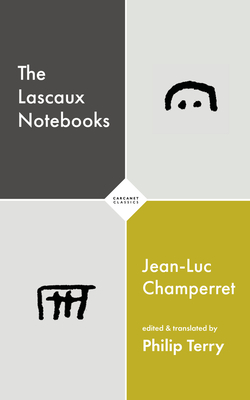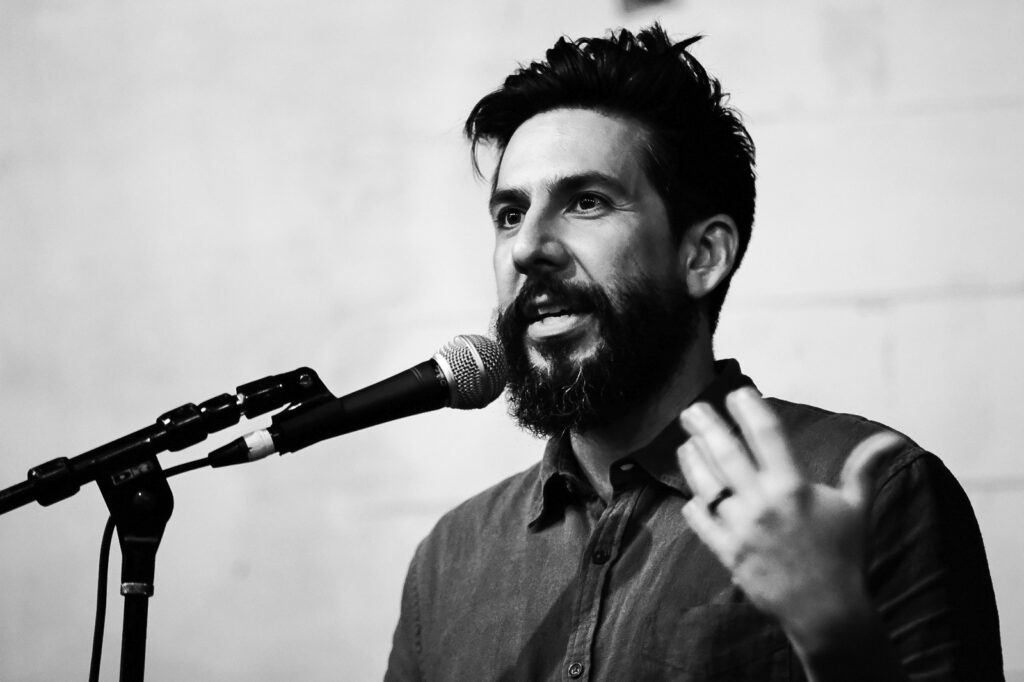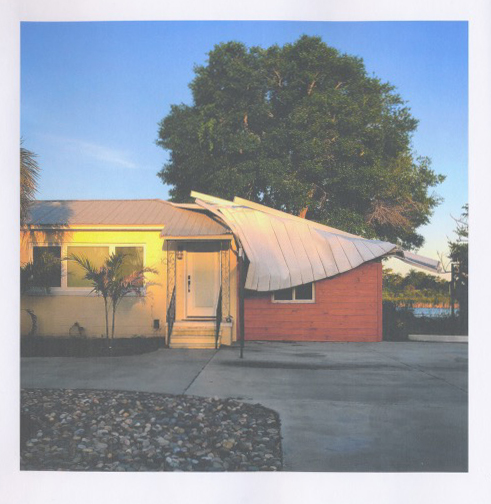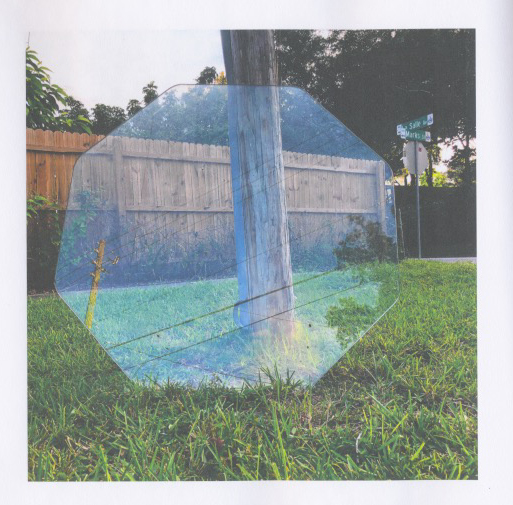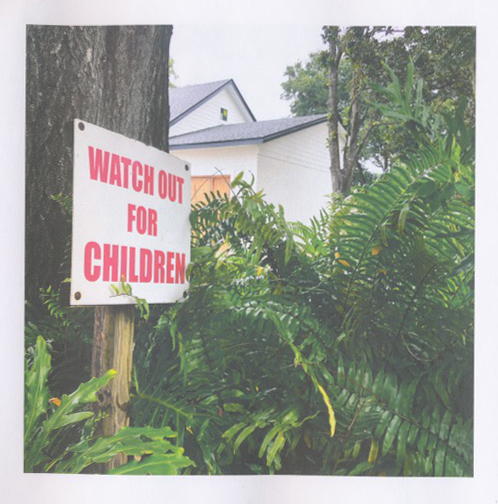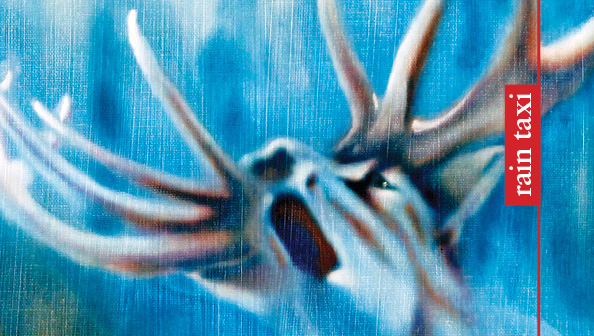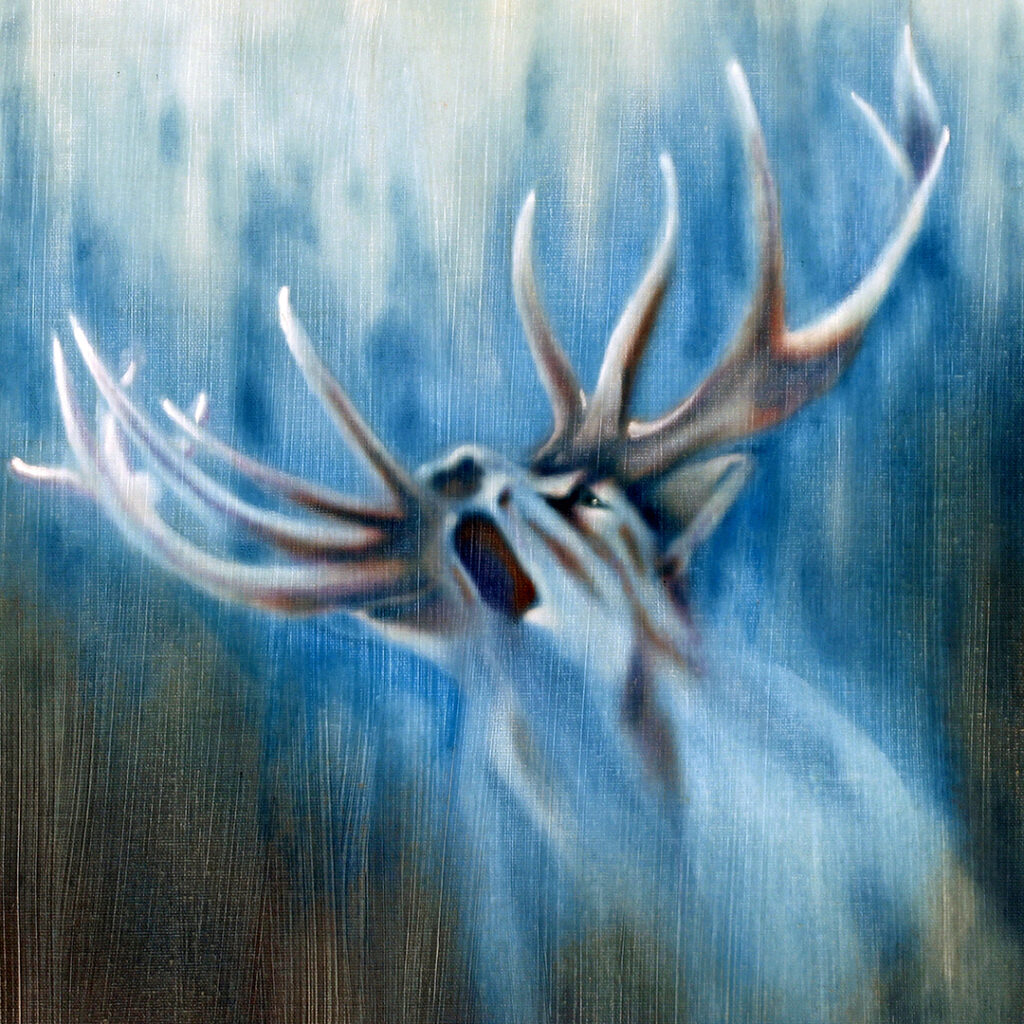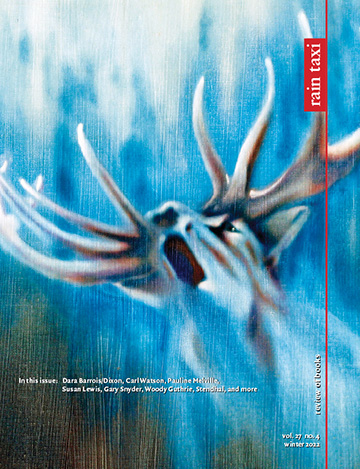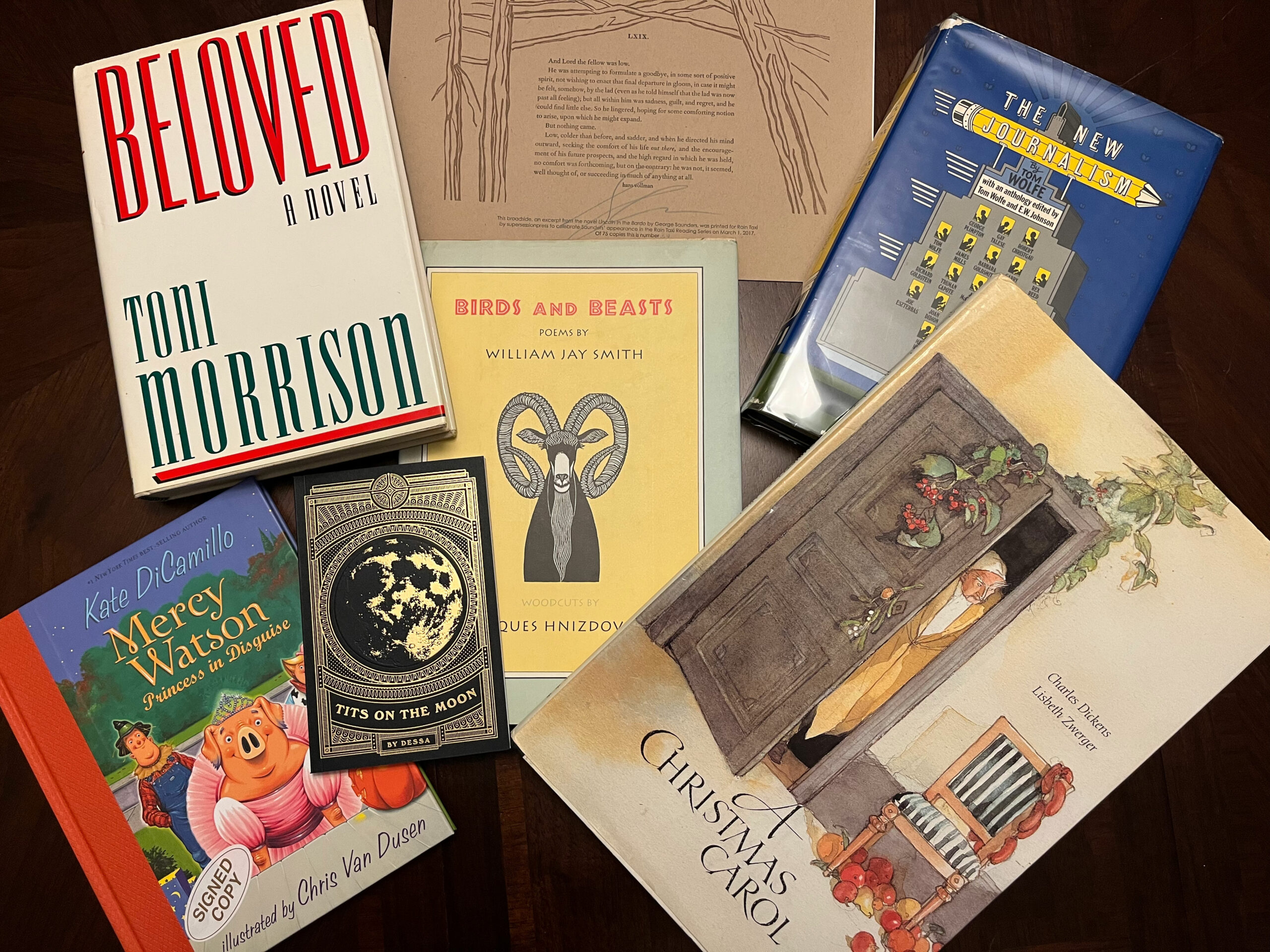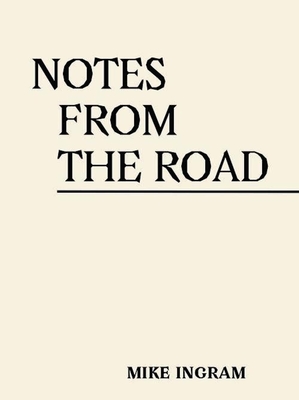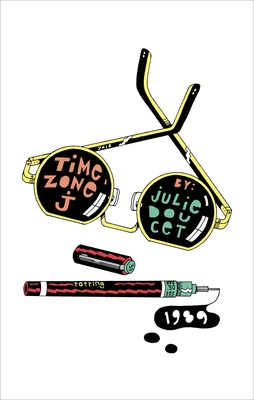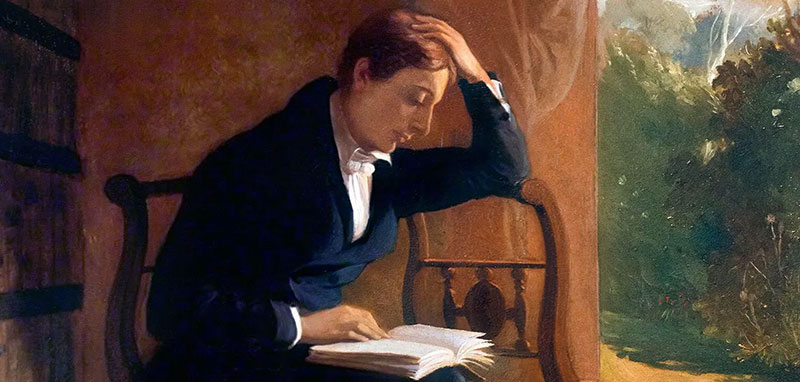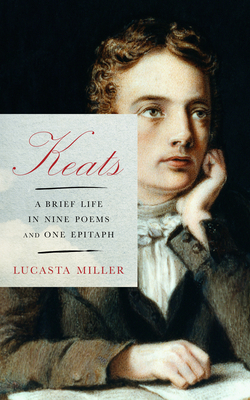Jean-Luc Champerret
Edited and translated by Philip Terry
Carcanet Press ($26.99)
by John Bradley
What if the Ice Age markings found on the walls of the famous cave of Lascaux, France, are poems? A Frenchman, Jean-Luc Champerret, while scouting the caves in the Dordogne in 1940 as a possible shelter for the local Resistance during World War II, copied the markings he saw into notebooks, where he then “decoded” them into words, and then into poems. Eventually the notebooks, packed in a wooden crate, were discovered by a friend of Philip Terry who was remodeling a house, and he passed the notebooks on to Terry. Terry saw the uniqueness and merit of Champerret’s work and translated the French into English, giving us this large volume. The hundreds of poems that constitute The Lascaux Notebooks make for fascinating reading.
Champerret had a multi-step process of translation. First, he copied the markings, which he broke into three lines of three marks. He then made a one-word translation for each mark. Here’s an example:
footprints people river
mist silhouettes spears
eye trees fire
Three more expansive translations follow. Here is Champerret’s final translation of these nine words from his initial bare-bones translation:
By the bank of the river
there are footprints in the mud
footprints of tribesmen from beyond the mountainssuddenly we see their forms
appear out of the grey mist
carrying their long bone tipped spearswe crouch behind the cover of the trees
watching their every step
burning inside with fear
The poem has come a long way from those initial nine words! Note how the triad “eye trees fire” becomes “burning inside with fear,” a rather audacious transformation—but then, it could be argued that this is exactly what all translators do.
However, there are some red flags in this book that will give pause to the careful reader. First, little is known about Jean-Luc Champerret. Terry says Champerret was born in the village of Le Moustier in 1910 and was the author of the poetry volume Chants de la Dordogne (Songs of the Dordogne), yet no copy of this book can be found. As mentioned above, Champerret allegedly worked with the French Resistance during World War II, and we learn from Champerret’s housemaid that his cell included “a tall wiry Irishman.” Surely Terry wants us to picture Samuel Beckett, who was part of the French Resistance then too. It seems a bit suspicious that this detail remains in the memory of a housemaid who knows so little about Champerret. Secondly, we have no photographs of the wooden crate that Terry was given or of the notebooks themselves, as they “remain fragile.” Instead, charcoal drawings have been reproduced for us in the book. These help our comprehension, but they do not boost confidence in the existence of the notebooks.
Thirdly, Philip Terry has been active in the Oulipo group, the literary group known for their love of linguistic play, puzzles, riddles, and trickery. Terry edited The Penguin Book of Oulipo and published two collections of poetry called Oulipoems. It’s not straining credulity to see The Lascaux Notebooks as an elaborate Oulipo creation. Fourthly, buried in a footnote, the reader learns that some of the marks Champerret recorded in his notebook from the Lascaux cave cannot be found on the cave walls. Terry explains this away by saying that “some of the signs . . . rapidly deteriorated” and that Champerret’s “light source . . . created shadow effects” causing the recorder “to see signs in the cave’s rock surface where they were not” due to his “overactive and overstimulated imagination.” The reader might wonder if Terry is having a good laugh as he composed this footnote. Fifthly, Terry’s introduction concludes with such gushing praise of Champerret’s translations as to raise even more doubts: “Champerret’s work amounts to no less than the greatest modern ‘defense’ of poetry that we have.”
In addition to these lingering issues, one more red flag must be acknowledged. One of the poems, based on these nine words—“tooth fruit hut / man tooth root / tooth fruit happiness”—sounds rather like a poem by William Carlos Williams. Here’s Champerret’s final translation of these nine words:
To say I have eaten
the fruit that
you were keeping in the hutyou will have to
make do with
roots when you break fasteating the fruit
I thought
how delicious how cold
This reads like an Ice Age parody of Williams’s famed poem “This Is Just to Say”—so much so that it feels like Terry is poking an elbow into the reader’s ribs.
Yet putting these reservations aside, as difficult as that might be for some readers, there’s much to admire in this book, which often feels like a guide on how to compose a poem from the smallest seed. While this book of translations never intends to be such a “how to” poetry handbook, it’s still eye-opening to watch a poem grow from nine words. In fact, some of the poems grow from fewer than nine words, as at times some of the original nine are repeated. Here’s an example of that repetition: “forest fire fire / burning burning fog / people river eyes.” Champerret begins his translation with the flat statement “The forest / has caught / fire,” which becomes the next draft: “The forest of pines / has caught fire / and is blazing.” The line has gained energy and improves even more in the next, and final, draft of the poem:
The dark forest of pines
has caught fire like dry moss
it blazes like the sunthe angry flames
spit clouds of blackness
making the day nightthe dark eyed villagers
stand trembling by the crowded river crossing
crying leaping shouting watching
While the word “villagers” may feel a bit out of place for Ice Age cave dwellers, that last line of the poem, with the four gerunds, generates a visceral intensity. Champerret shows the reader how to take the most basic words—in this case, “people river eyes”—and make magic with them.
In this same way, the poems could be seen as lessons on how to translate. Each draft of a poem shows how the deeper meanings and nuances of language can be fleshed out with vivid detail if the translator explores the poem with persistence and imagination. Note how “burning burning fog” transforms into “angry flames / spit clouds of blackness.” The verb “spit,” conveying moisture, seems out of place at first, but it makes the fire a rather frightening living entity.
The Lascaux Notebooks presents a window on the inner life of our Ice Age ancestors, as mysterious cave markings become poetic testimonials. At the same time, the volume will leave some readers wondering if this is all an elaborate prank engineered by a skilled Oulipo poet. Either way, this provocative book is worthwhile.
Click here to purchase this book at your local independent bookstore:
Rain Taxi Online Edition Winter 2022-2023 | © Rain Taxi, Inc. 2023

